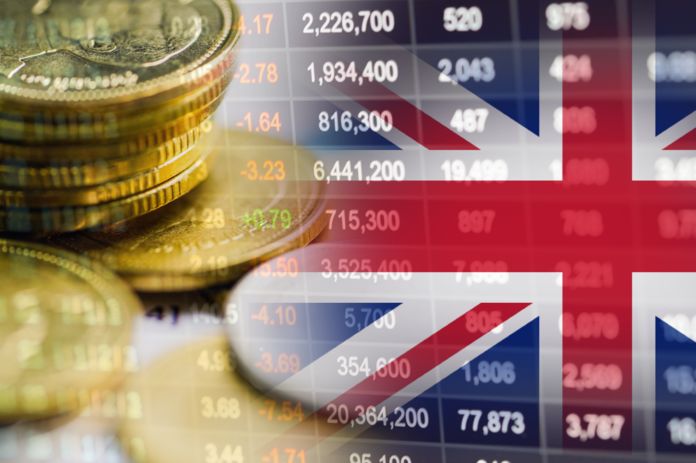The British pound increased its value in the market shortly after the release of the data regarding inflation in the United Kingdom.
Inflation has been stable recently in the UK, thanks to the Bank of England’s (BoE) firm policy on interest rates to combat inflation.
One key piece of data is the UK consumer price index (CPI), which registered 4.0% year-on-year for December, slightly higher than the 3.9% recorded in the previous month.
UK inflation is better than expected.
This data stunned the markets, as estimates had been 3.8%. On a month-on-month basis, the CPI increased by 0.4% compared to the -0.2% published in November and above the forecast of 0.2%. The CPI showed significant changes compared to previous months.
The core CPI, which excludes volatile items such as tobacco and alcohol, remained at 5.1%, exceeding the forecast of 4.9%. This means the underlying rate was up 0.6% month-on-month and well above the forecast of 0.4%.
The Bank of England continues to tighten interest rates
Thanks to the Bank of England’s tightening of interest rates, it has not allowed inflation to rise and, on the contrary, has cooled the economy. The inflation rate of 3.9% in November was the lowest in two years; the rebound in the previous month marked the first rise in inflation in ten months.
The above-target inflation numbers are a significant surprise for the Bank of England, with a monthly increase in core CPI of 0.6%. This index is substantial for the Bank of England as it is usually considered the best indicator to analyze the country’s inflation evolution.
Moreover, inflation in the UK has been stable for the last three months.
How is inflation in other countries?
In other countries, inflation also increased in December in Germany, Canada, the United States, and France. British Finance Minister, Jeremy Hunt stated this indicates that inflation does not decrease in a straight line.



